“Just because you have to be accurate doesn’t mean you can’t find ways to make your title pop.” — Corey Eridon
We can improve our reach by spending more time on wording our blog titles. Going a step further: We need to improve the headlines on all online content we write.
Whether we write how-to or journal type blogs, newsletters, interviews, devotionals, emails, or any other online content, we can reach more people with attention-grabbing titles.
Would you click on any of these? I’ve seen similar ones online.
How-to blog: My Thoughts on Writing
Journal blog: Opening Day
Newsletter: My Book Update
Interview: Interview with Drew Smith
Devotional: A Look at Ephesians
Email: Visit My Blog Today
None intrigues me enough to click.
Below are links and descriptions of 4 posts that will help you write awesome blog titles.
I believe their principles carry over for titling other online content. Also, note the bloggers’ titles tell us the benefit of reading their posts.
1. 74 Attention-Grabbing Blog Titles That Actually Work by Larry Kim
http://www.inc.com/larry-kim/74-attention-grabbing-blog-titles-that-actually-work.html
For those who find templates helpful Kim provides 74 in his post. I used #34 for this blog post title. He gives the statistic that 26% of Buzzfeed’s 60,000 top ariticles are “listicles,” e.g. 10 Tips… or 8 Reasons….
2. 10 Sure-Fire Title Formulas That Attract Readers by James Scherer
http://blog.wishpond.com/post/60276168559/10-sure-fire-blog-title-formulas-that-attract-readers
For Scherer’s 10 blog title formulas, he gives real-life examples plus three more examples in his “How you can do it:” sections. Here are a few of the types of blog titles Scherer discusses:
- “Cutting-edge information”
- “Using phrases like ‘need to know’”
- “Creating the curiosity gap”
3. Tips for Writing Blog Titles that Earn ReTweets by Jasmine Henry
http://www.socialmediatoday.com/content/tips-writing-blog-titles-earn-retweets
Henry shares a surprising finding that shows a great blog title is important for reasons other than grabbing readers. Many people will retweet links to titles on content they haven’t read.
Henry promotes these blog title characteristics: actionable, brief (70 character limit), clear, emphatic, intriguing, and keyword-oriented. She discusses each and gives examples.
4. The Dark Science of Naming Your Post: Based on Studying 100 Blogs by Iris Shoor
http://www.startupmoon.com/the-dark-science-of-naming-your-post-based-on-studying-100-blogs/
I found this one through Jasmine Henry’s post. Shoor found in her study on tech related posts that “The post title has a huge impact on the numbers.” She talks about what words and phrases to use. Like the others, she advocates using numbers and goes into more depth in how to use them. Shoor also lists what doesn’t work. A surprise to her, and to me, was that including “you” or “how to” in the title seems to have no viral affect on posts.
Find out what makes a blog title work. Use this info to title all online content. Click to tweet.
What social media title grabbed you?










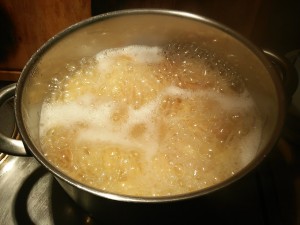

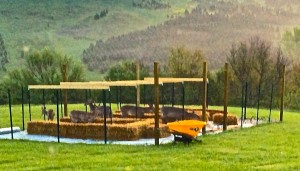
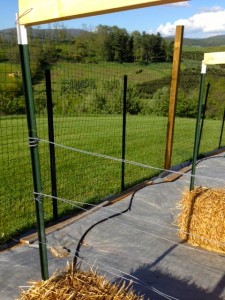
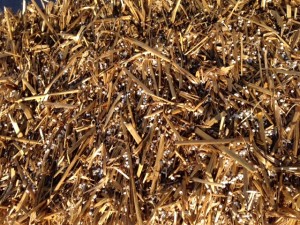
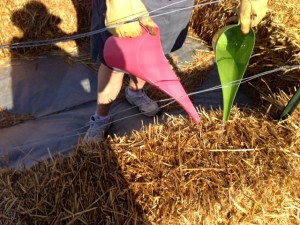
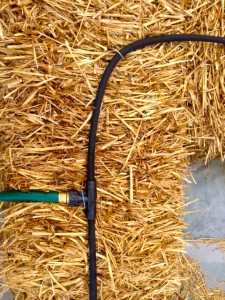
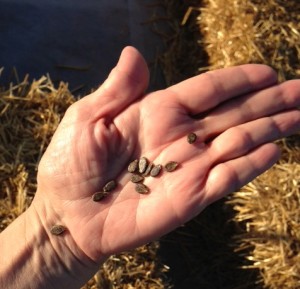
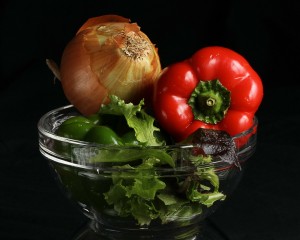
 RSS - Posts
RSS - Posts